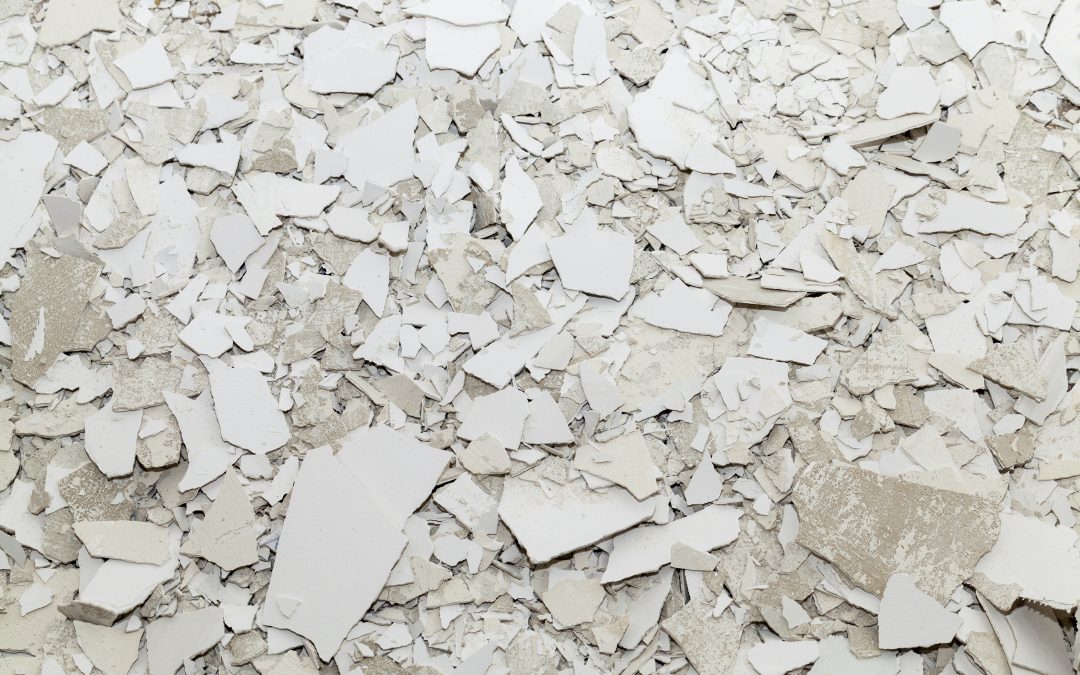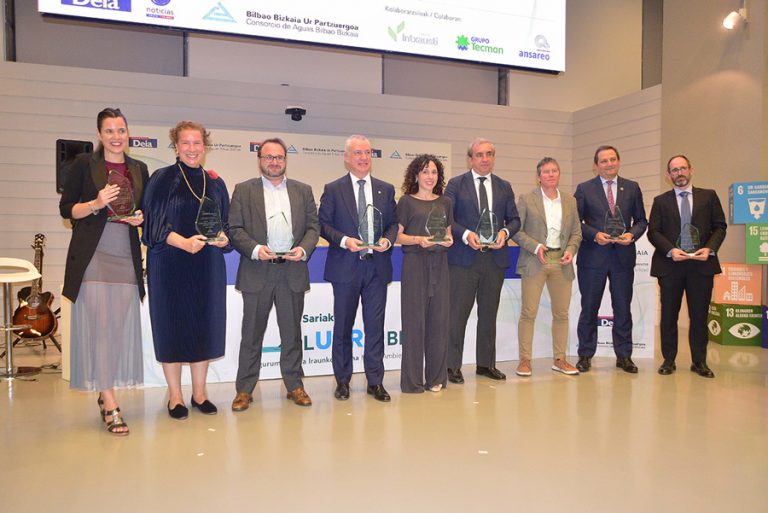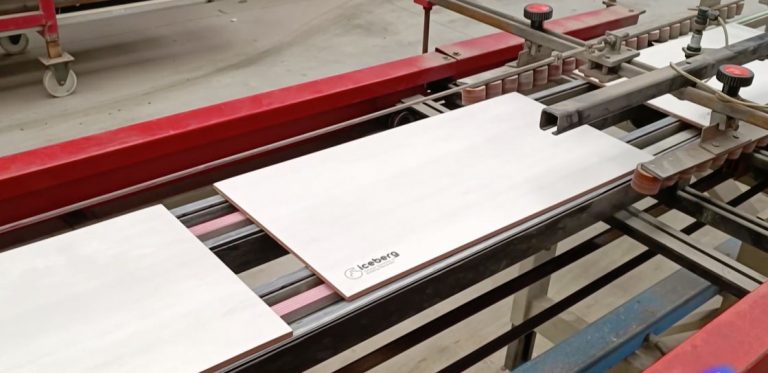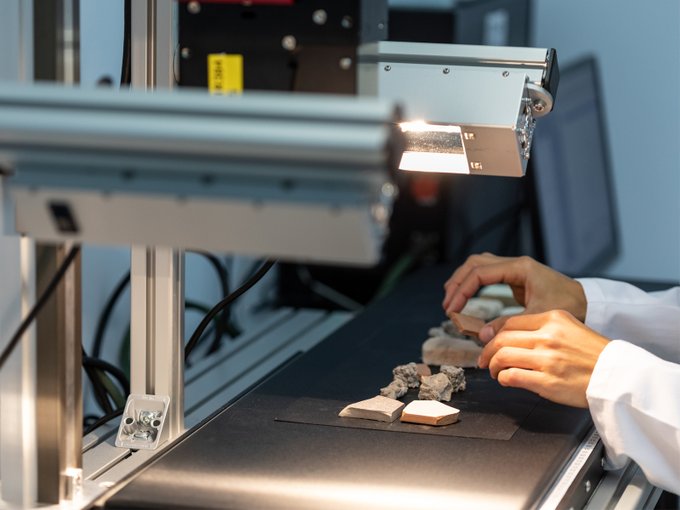One of the aims of the ICEBERG Project is to develop novel recycling technologies for post-consumer plasterboards wastes obtained during refurbishment and demolition projects. Recycled gypsum (CaSO4.2H2O) with consistent high purity levels above 96 wt% was produced at laboratory scale by Loughborough University with the use of standard physical purification processes followed by a chemical treatment (acid leaching).
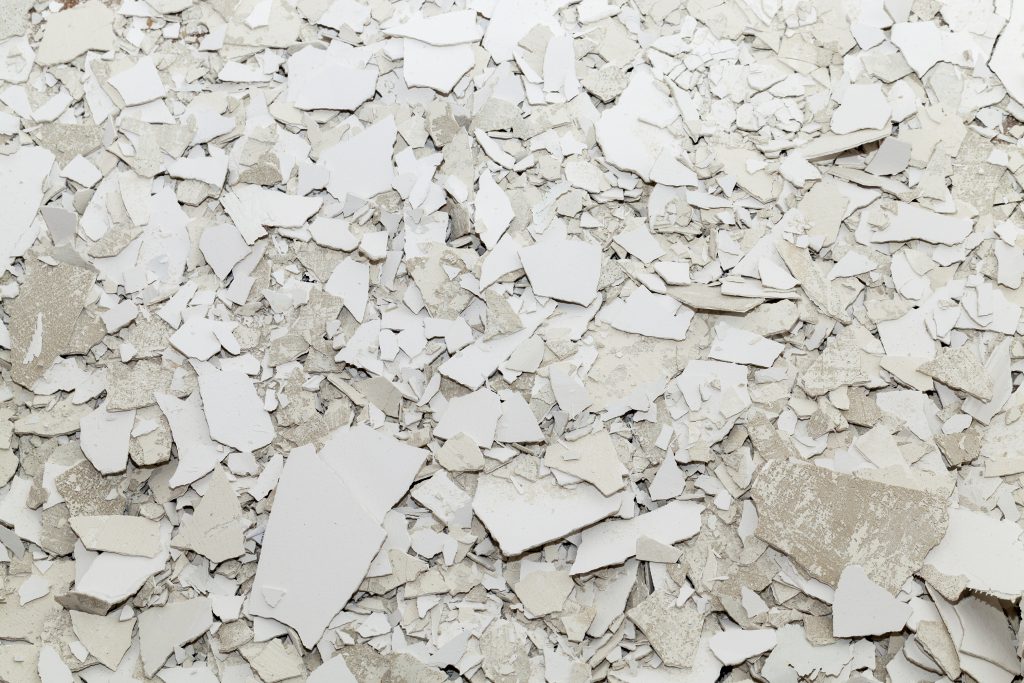
The impact of different parameters on the efficiency of the novel laboratory-scale acid leaching process for the purification of gypsum from refurbishment plasterboard waste supplied by ENVA was determined. The optimum acid leaching temperature (90 °C), residence time (1 hour) and sulphuric acid concentration (5 wt%) were used in all tests.
This work focused on determining the impact of different gypsum particle sizes, gypsum/solution ratios, heating rates, stirring rates and gypsum slurry volumes on the efficiency of the acid leaching process, which was monitored through variations in the chemical purity of the recycled gypsum.
The most important result was that the chemical purity of the recycled gypsum was not affected by changes in the studied parameters. However, the highest CaSO4 content in the recycled gypsum was obtained with gypsum particles less than 250 microns in size, gypsum/solution ratio of 1:3 on a weight basis, heating rate of 4 °C/min, stirring rate of 150 revolutions per minute, and gypsum slurry volume of 350 mL. These findings have been used by Loughborough University, ENVA and GYPS partners to make recommendations and suggest modifications for the design of a pilot-scale acid leaching purification plant. Ultimately, the validated pilot-scale acid leaching purification plant will be upscaled to semi-industrial scale for the plasterboard circular case study.

